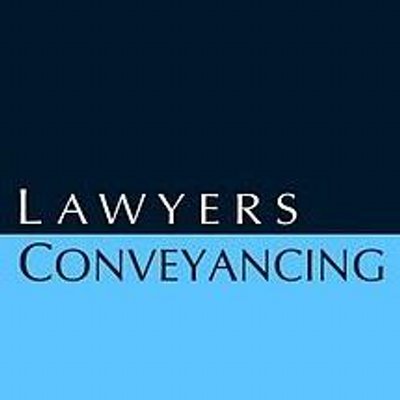
Each law firm might be totally different and explicit in how they count on charges to be paid. Some will exhaust a retainer and ask that if be replenished in sure quantities that will not replicate the whole thing of the fees earned. And some may take a modest month-to-month fee in direction of the ultimate legal bill. A name to their legislation agency will generally verify this in my expertise.
Related Attorneys
Sometimes they offer unbundled and a’la carte service plans for those clients who are of limited means and can only afford companies in limited and isolated circumstances. Some legal professionals take monthly funds in lieu of the complete accrued charges being paid. For example , taking $400 a month in direction of a last legal bill while they earn their legal fees at $200 to $250 an hour. In some circumstances like contingency charge retainers, no fees are paid until after there is a settlement or verdict in litigation.
Commonly, a legislation agency will provide a free consultation for prospective clients to attend. More and more, digital consultations have gotten obtainable and well-liked as there’s still concerns concerning the pandemic.
But also those that don’t like waiting in regulation places of work or feeling pressured to execute a retainer can probably find value in utilizing a virtual consultation. Ultimately, for my part, a lawyer ought to be retained as a result of the potential client discovered them well mannered, informative, and knowledgeable in regards to the authorized …



